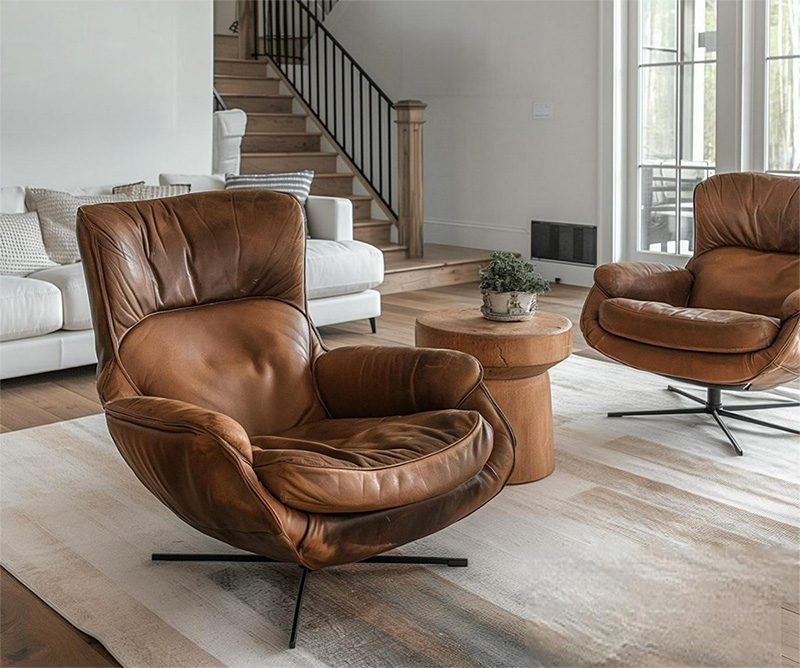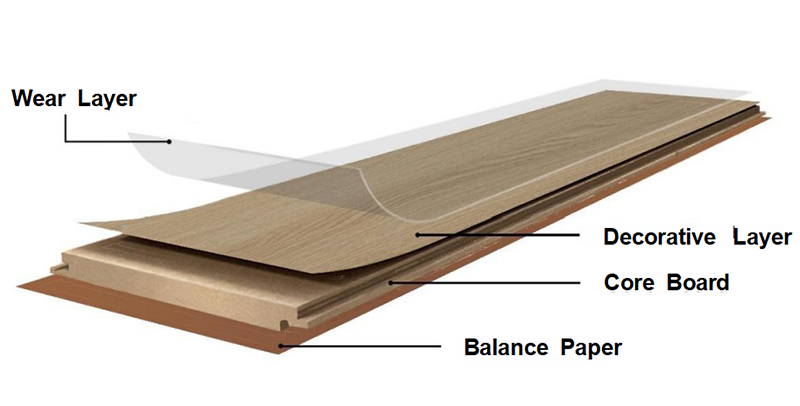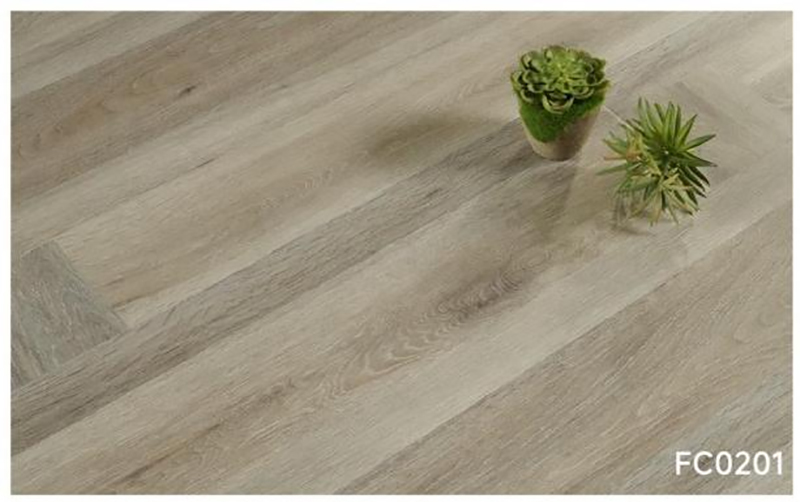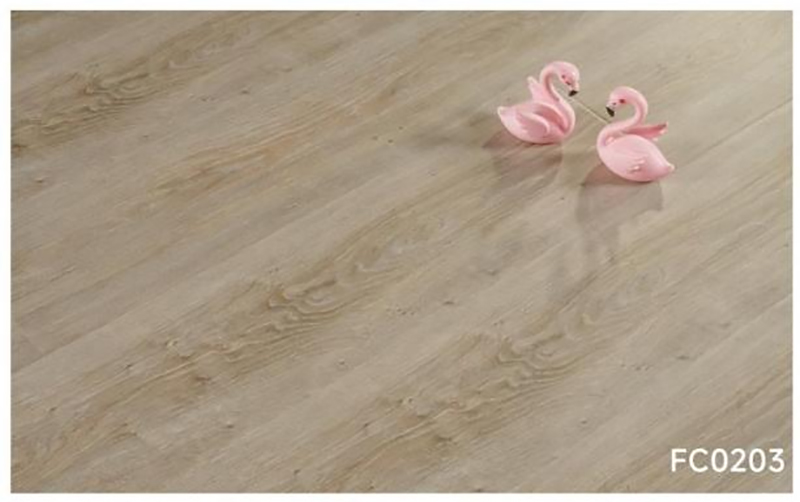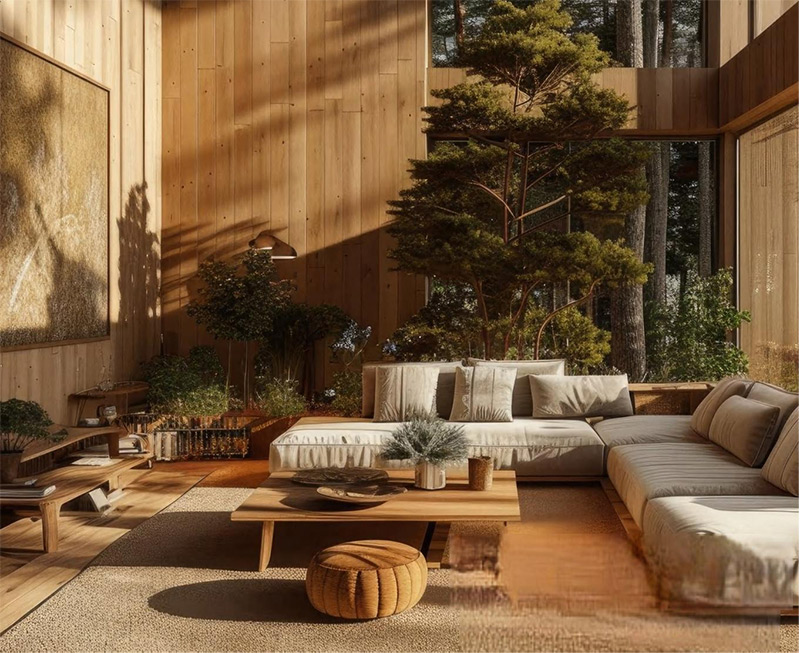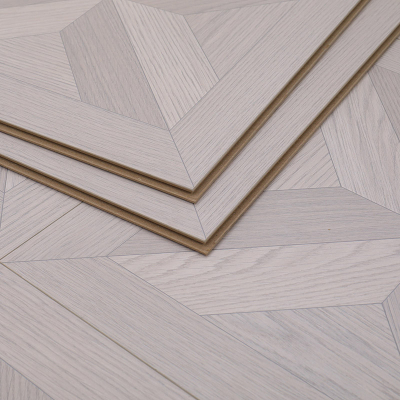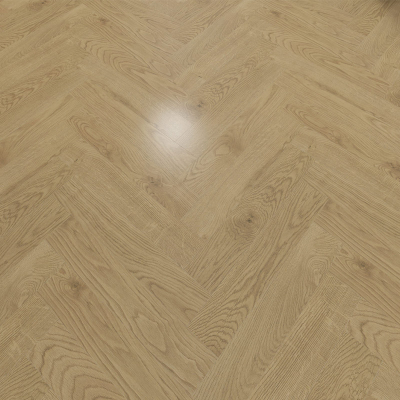Laminate Flooring: How to be the answer to a versatile durable floor?
Introduction
Cost effective, durable, adaptable to aesthetics, laminate flooring has become one of the most popular flooring options in residential and commercial spaces. This type of engineered flooring product is made with multiple layers and next-generation manufacturing processes to provide performance that comes extra close in matching natural elements. Here, we take a look at its technical makeup, advantages and use cases.
1. Structural Composition
Modern laminate flooring typically consists of four bonded layers:
Wear Layer: A transparent aluminum oxide coating (0.2-0.7 mm thick) providing scratch resistance (up to AC5 abrasion class for heavy commercial use).
Decorative Layer: High-resolution photographic paper reproducing wood, stone, or abstract patterns (120-300 dpi resolution).
Core Layer: High-density fiberboard (HDF, 6-12 mm thickness) with moisture-resistant resins (melamine-urea formaldehyde).
Backing Layer: Stabilizing base to prevent warping (often infused with sound-dampening materials).
This cross-directional lamination process creates a floor with dimensional stability (≤0.1% expansion rate under 30-80% RH).
2. Performance Advantages
2.1 Durability
- Impact resistance: Withstands up to 1,800 psi compression strength
- UV stability: Fade resistance exceeding 500 hours in xenon-arc testing
- Fire rating: Typically Class Cfl-s1 (European EN 13501-1 standard)
2.2 Maintenance Efficiency
- Surface hardness (Mohs scale): 3-5 (compared to 2.5-3 for natural wood)
- Cleaning requirements: pH-neutral cleaners only, no waxing needed
2.3 Installation Flexibility
- Click-lock systems enable floating installation (0.5-1.0 mm expansion gaps required)
- Suitable for underfloor heating (max surface temp 27°C/80°F)
3. Application Scenarios
Environment Recommended Specifications
Residential | AC3-AC4 rating, 8-10 mm thickness
Retail Spaces | AC5 rating, sound-rated backing
Healthcare | Antimicrobial coatings, seamless edges
Rental Units | 12-mm HDF core for subfloor imperfections
4. Environmental Considerations
- CARB Phase 2 compliant (<0.05 ppm formaldehyde emissions)
- 70-100% pre-consumer recycled content in core layers
- 25-year lifespan vs 15-year for vinyl alternatives
Conclusion
Laminate flooring represents a technical evolution in surface materials, offering a 72-hour installation timeline and lifecycle costs 40% lower than hardwood. Its engineered structure addresses traditional flooring limitations while maintaining visual authenticity through digital printing technologies. For specifiers seeking optimal cost/performance balance, modern laminates provide a scientifically validated solution meeting both aesthetic and functional demands.

